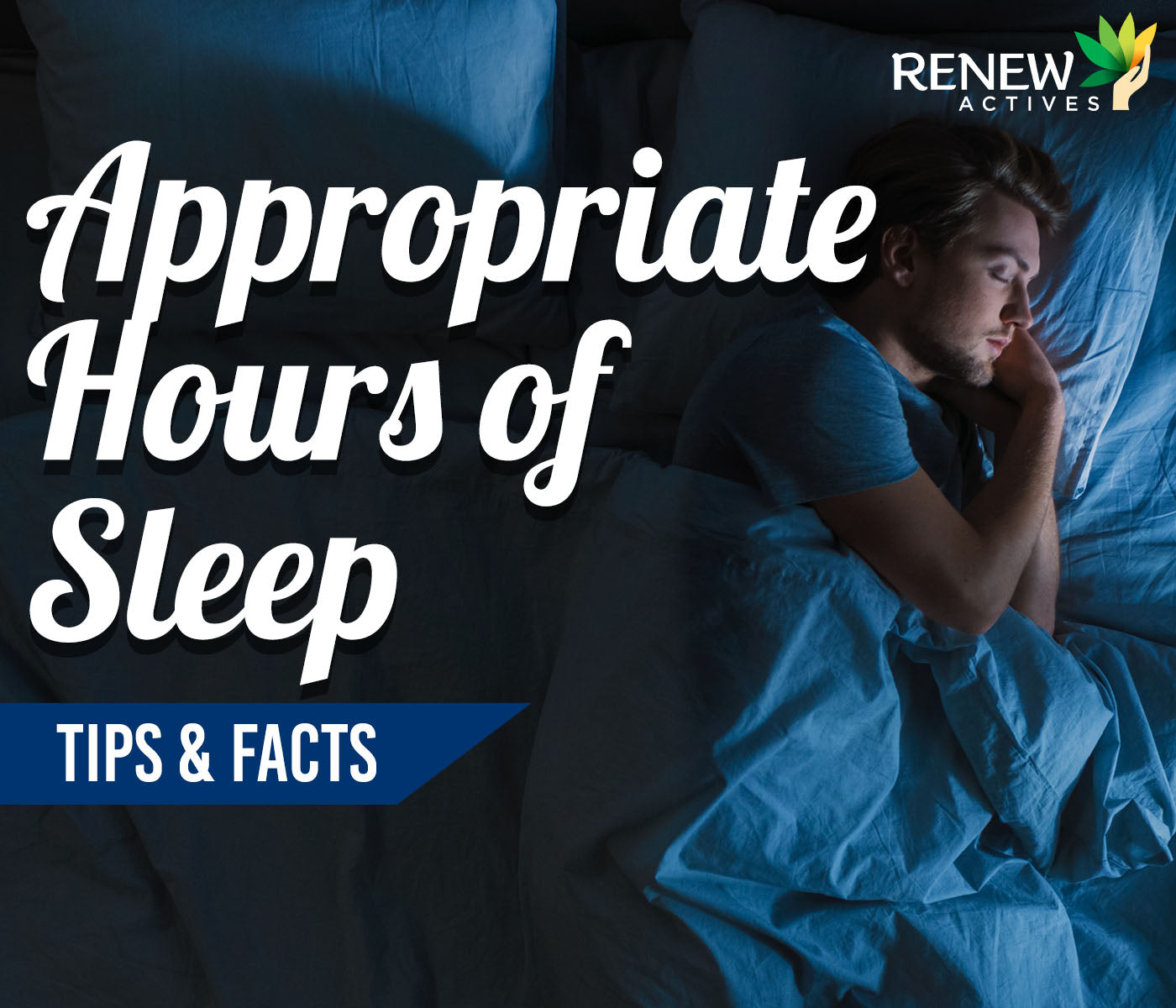
How Many Hours Should You Be Sleeping?
Sleep is essential to good health much like eating nutritious food. It’s vital regardless of one’s age.
Whether we want to admit it or not, getting the right amount of sleep is easier said than done, however when we put into consideration other factors like lifestyle and underlying health conditions.
The general recommendation we often hear is 7 to 9 hours, which is a good first step in determining the number of hours that’s right for you.

How much sleep is appropriate for your age?
The National Sleep Foundation has come up with a list of the recommended number of hours of sleep for each age group.
|
Age Range |
Recommended Hours of Sleep |
|
0 to 3 months old |
14 to 17 hours |
|
4 to 11 months old |
12 to 15 hours |
|
1 to 2 years old |
11 to 14 hours |
|
3 to 5 years old |
10 to 14 hours |
|
6 to 13 years old |
9 to 11 hours |
|
14 to 17 years old |
8 to 10 hours |
|
18 to 64 years old |
7 to 9 hours |
|
65 years old and above |
7 to 8 hours |
As you can see, the ideal amount of sleep varies from person to person. While age is one of the major factors to consider, our unique circumstances also play a part in determining what’s ideal for us as well as the wiggle room allowed for it to be considered “acceptable.”

Below are some of the questions you need to ask yourself to figure things out.
- Do you have an existing, underlying health condition?
- Do you manage to stay happy, healthy, and productive despite having less than 8 hours of sleep?
- Do you need more hours of sleep to get more energy?
- Does your job or other daily activities require alertness and focus for you to do them safely?
- Do you have a history of sleeping problems?
- How much do you depend on caffeine to get through the day?
- Do you sleep more than you do on a typical workday?
These questions will help guide you in finding out your sweet spot based on the hours recommended by the National Sleep Foundation.
It’s worth noting that these recommendations were compiled by a team of experts from different fields of science and medicine. It all came about after a careful review of hundreds of validated studies about sleep duration and the key health benefits it can lead to.

